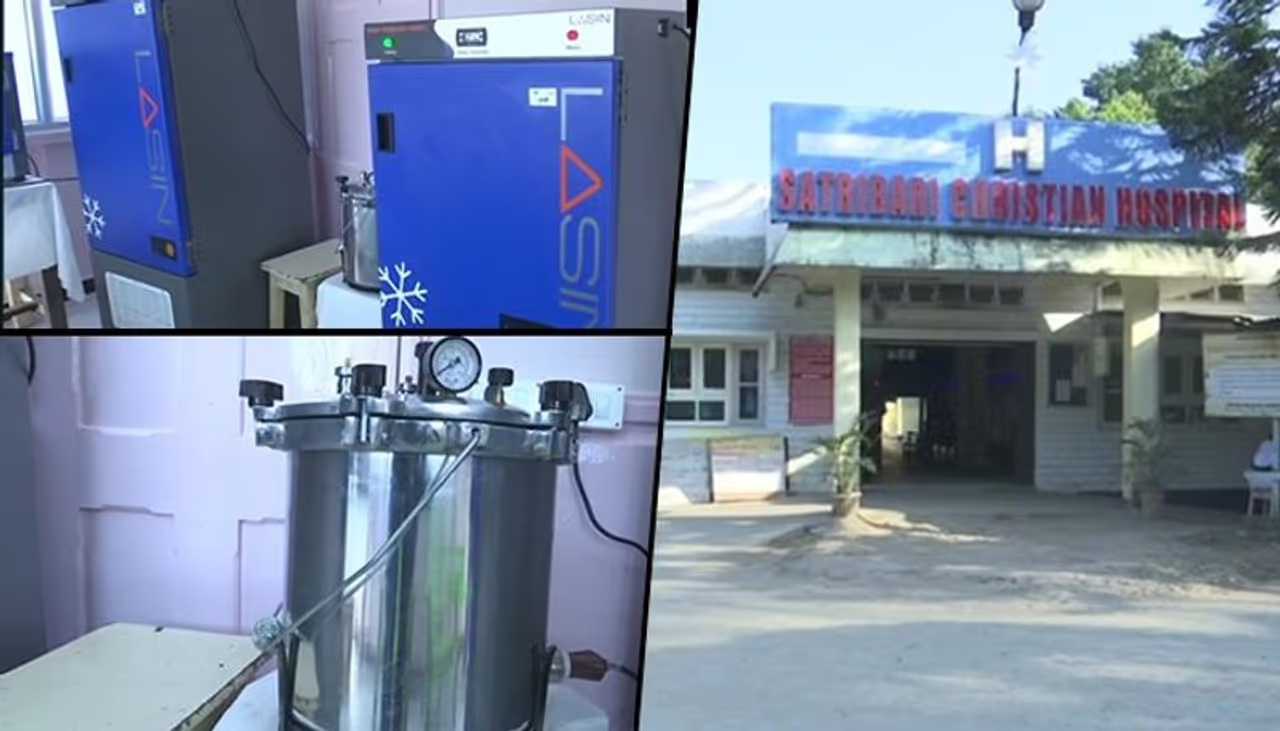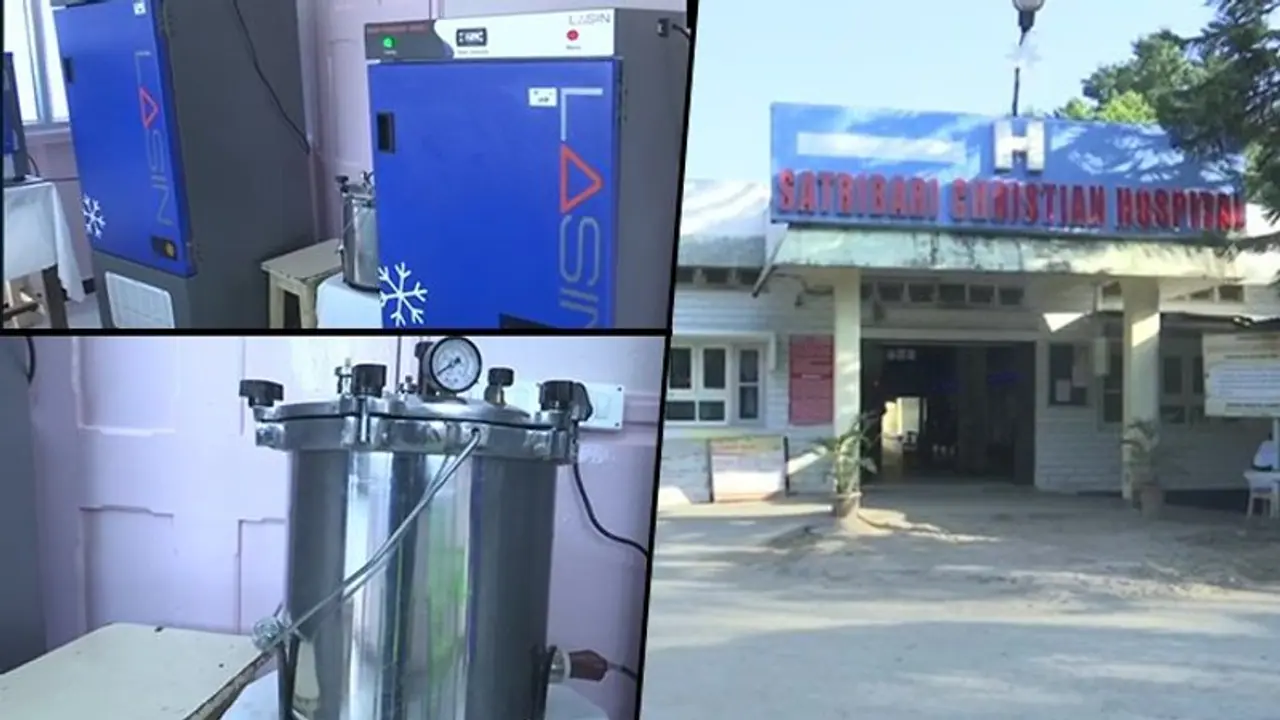In a big step towards preserving human milk for days together, the Satribari Christian Hospital in Guwahati, Assam has started a human milk bank
Bengaluru: In a big step towards preserving human milk for days together, the Satribari Christian Hospital in Guwahati, Assam has started a human milk bank. It is the first in Northeast, but the fifteenth such bank in India.
Devajit Sarma, a pediatric and neonatal care specialist says, “Breast milk is the best food for newborn babies. It is recommended to start breast milk within the first hour of birth to bring down cases of neonatal mortality and mortality below 5 years of age, exclusive breastfeeding for the first six months”.

It is unfortunate that many newborns don’t get a chance to feed on breastmilk. In some cases, mothers who are infected can’t breastfeed as the infection gets passed over. In such cases, the human milk bank comes as a godsend.
It is important to note that the stored milk has to be pasteurised.
The doctor added, “In the milk bank, we will collect milk from lactating women who are willing to donate. It will then be pasteurised and stored in deep freeze. The milk can be stored from 6 months to 6 years”.
Human milk banks have played a major role in storing human milk. The concept was first started in 1985 in Brazil. The country now leads the world with 217 such banks.
In India, the first such human milk bank was started in 1989 in Mumbai. Though it was been decades since its start, the awareness on the same has been very poor.
Infants can’t get human milk for several reasons. It could be due to preterm birth, adoption, surrogacy, among others.
A lactating mother can donate her milk on a voluntary basis, but only after sufficient examination. Doctors have to certify her donation.
It is important that such milk banks proliferate so that no infant goes without milk.
